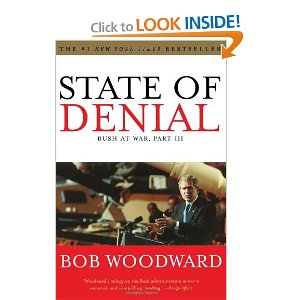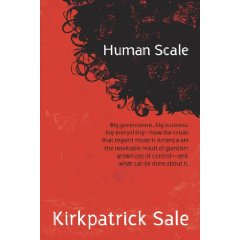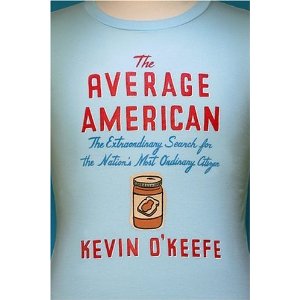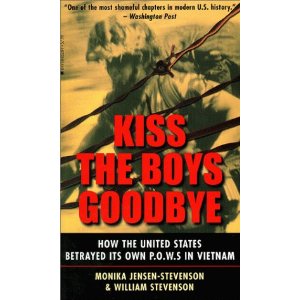
To the right is the current mass paperback cover that is available. Below is the cover of the original hard-copy, and a guest review (Amazon is deleting top reviewer's old reviews to make room for new reviewers, we missed this one when creating this web site to counter that “lost history”).
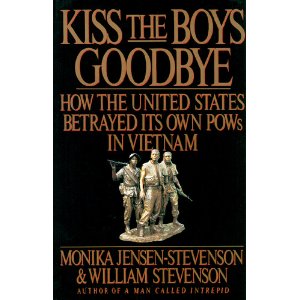
5.0 out of 5 stars Stunning Expose Of Government DesertionOf Its Vietnam Vets!
May 20, 2002
William Stevenson, Monika Jenson-Stevenson
Review by Barron Laycock “Labradorman”
This is a book that should make ordinary American citizens exceedingly sad and angry. Although some may argue that its message is old news, and certainly very dated information, the horror and outrage it should occasion is neither old nor dated. For what the authors contend, and go on to impressively prove, is that our national government deliberately and maliciously betrayed its own soldiers trapped as Prisoners Of War (POWs) in Vietnam, abandoning them in favor of a quick and otherwise painless exit from the war in Southeast Asia. This, as the authors argue, is a truly devastating indictment of the Nixon administration, and one for which they cannot be forgiven.
However, it is more than that. It is also a bizarre story of men left behind for the sake of political expedience and due to a number of highly classified clandestine operations, which were purposely kept from the American people. The story line begins with the sad saga of a young ex-marine who escaped from Vietnam on the late 1970s and claimed to have seen a large number of fellow American servicemen still being held by the Vietnamese. However, he was quickly charged with desertion and collaboration with the enemy, in what seemed to be a desperate effort on the part of governmental officials to bury both him and his story of American prisoners as deeply as possible from public view. From here the plot takes a number of bizzare twists and turns.
As the authors began to investigate the young marine's story, layers of deception, half-truths, and active censorship began to emerge. What they finally uncovered was an amazing tale of official deception from the highest levels in government, and also a very well organized and relentless abuse of official governmental power. This book reveals convincing evidence of American soldiers and sailors deliberately abandoned for political expedience, and of families torn apart by these acts. It also raises quite provocative questions concerning the very nature of democracy, and the corruptibility of ordinary men given such power. Similarly, they show how the use of claims of national security were used to derail efforts to learn the truth, and of an active conspiracy to keep the public from discovering the truth.
There are many of us who have long believed that Nixon and Kissinger made a pact with the devil himself in order to to extricate the United States fro the ongoing horror of Vietnam. What is truly mind-boggling is to discover just how right we were to suspect that they, and many others in the government since that time, would take such drastic action as they have to conceal these facts and to evade the truth. This is a worthwhile book, and one that demands to be read. I hope you can approach it with an open mind. Its arguments and the evidence associated with it are, in my opinion, very convincing. Enjoy!







